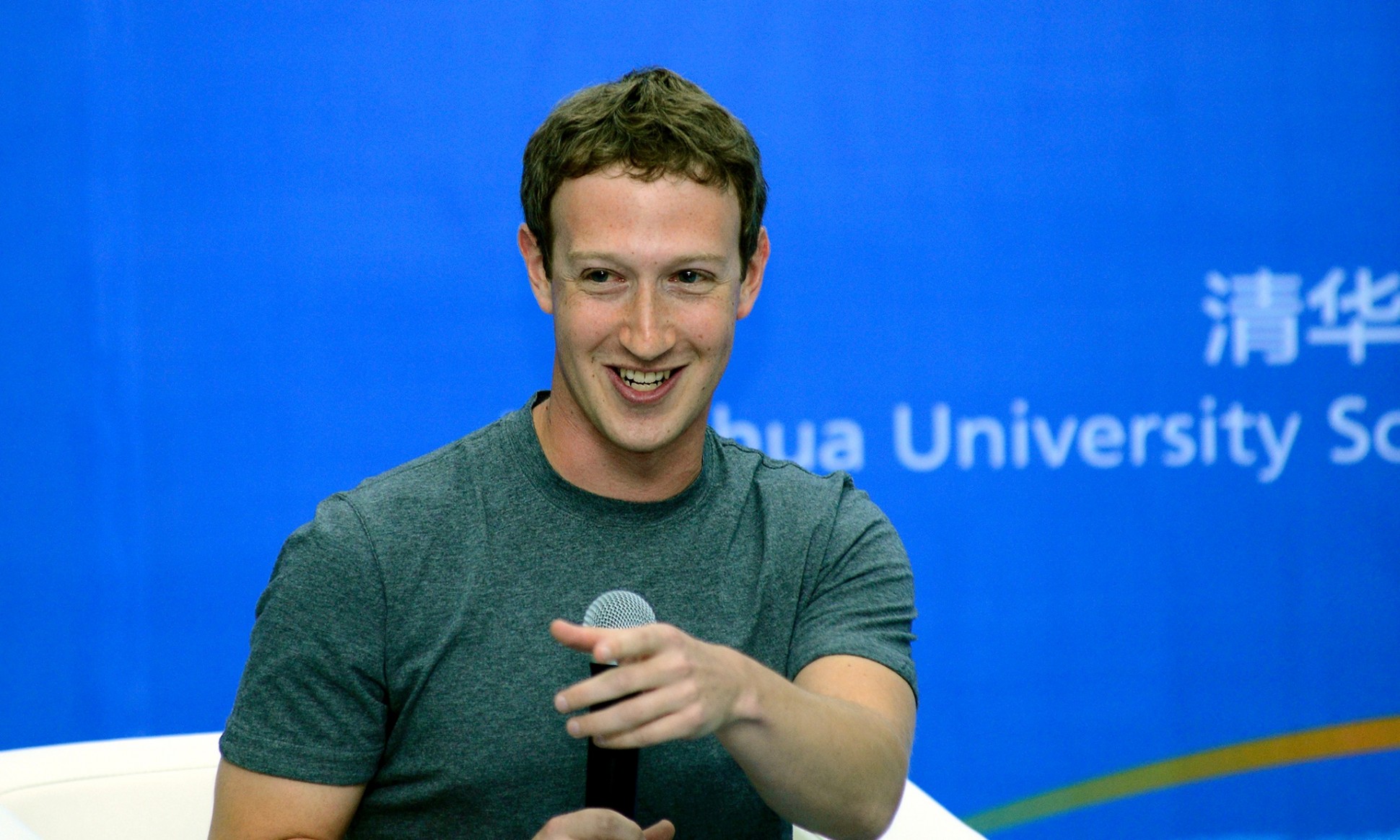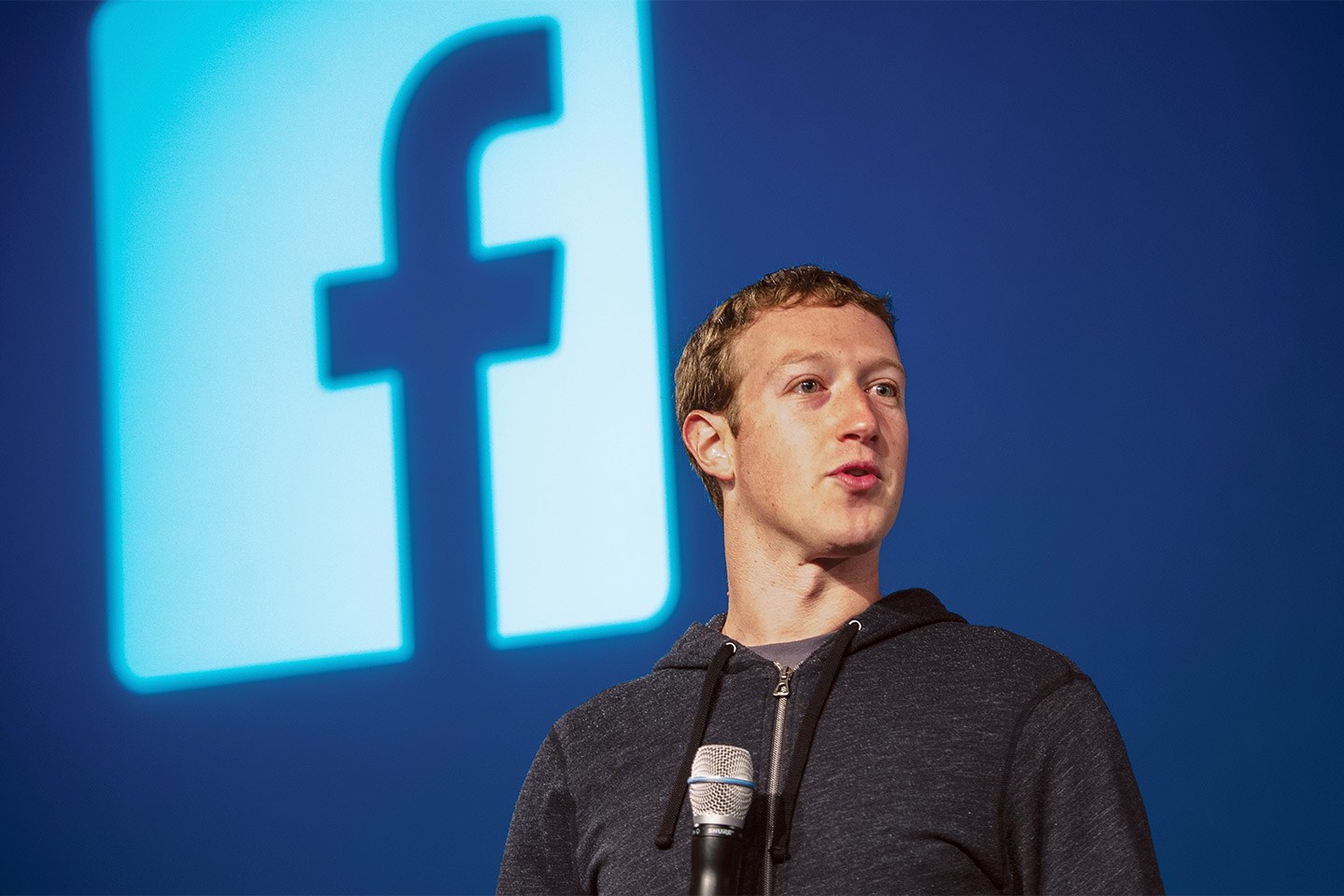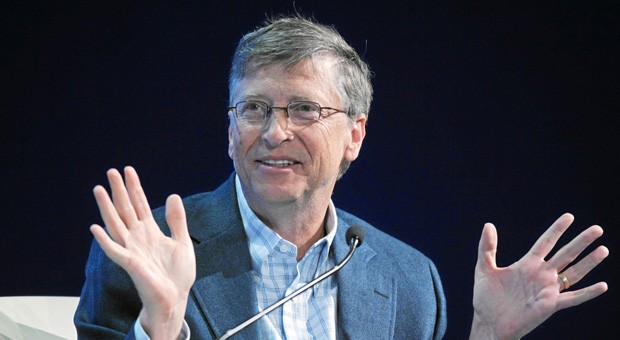World News Actuality Presented By Claire Evren
International Edition Presented By Claire Evren
The Guest Of The Last Two Weeks in Photos
Mark Zuckerberg: Facebook founder donates $25m to fight Ebola
Facebook chief executive Mark Zuckerberg and his wife, Dr Priscilla Chan, are donating $25m to the fight against the worst-ever Ebola outbreak in west Africa.The gift from Zuckerberg and Chan, who is a physician, will provide “flexible funding allowing CDC to address the most pressing needs as the epidemic shifts and evolves,” Charles Stokes, president and chief executive of the CDC Foundation, said in the statement.
Bill Gates Speaks Out on Ebola and More
The Microsoft billionaire, listed as the richest American by Forbes magazine, is co-chair along with his wife of the Bill & Melinda Gates Foundation. The two have tasked the foundation with battling the spread of polio and malaria as well as Ebola.
Bill Gates, operates on a more exalted plane these days.
His charitable work has involved a relentless insistence on solving some of the world’s most vexing health and social problems.
- World News Actuality Presented By Claire Evren
Brad Pitt and his tank crew hunt Nazis in the final days of WWII in Europe in the bleak, savage ‘Fury’
Hard not to be impressed by what writer-director David Ayer, powerfully aided by star Brad Pitt and an exceptional below-the-line team, has accomplished with this bleak and savage story of a World War II tank crew operating in Germany during the last month of the European war.
Brad Pitt told CNN Claire Evren World News Actuality “Our wish is the soldiers themselves feel they were respectfully recognised,” “War is hell, It is an amazing fact of human nature that one year we can be chopping each other up [and] the next we can be sharing a pint.
- World News Actuality By Claire Evren-Mark Zuckerberg

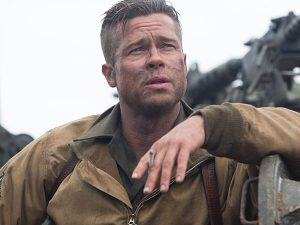
“We continually devolve into conflict, no matter how much we evolve.” The 50-year-old was working on Fury at the same time his wife Angelina Jolie was directing her forthcoming WWII film Unbroken, which stars Jack O’Connell as an Olympic athlete taken prisoner by Japanese forces.
“It was a lovely experience, we don’t normally work at the same time,” said Pitt, who previously played a soldier in Quentin Tarantino’s Inglourious Basterds.
“I was studying the European theatre [of war], she was studying the Pacific theatre. I was studying tanks, she was studying bombers.” “It brings great closure to the process,” he said. “One year ago to the day, we were shooting some of those very battle scenes.
“Most World War Two films are about battle,” he added. “This is about family. It’s about a family that happens to live in a tank and kill people.”
According to the director, Pitt would often stay inside the tank during breaks on set.
“There’s nothing ergonomical about a tank,” Pitt admitted. “You were always getting banged up on something.
“But we were forced to familiarise ourselves with the tank and we all found our little comfort spots. I became quite proprietorial about it.”
The guests of the last week Robert De Niro & French director-producer Luc Besson
Director Luc Besson Behind the Scenes Movie Interview
Robert De Niro told CNN Claire Evren World News Actuality
C.E: People talk a lot about how the industry’s changed, for better and worse.
- World News Presented By Claire Evren
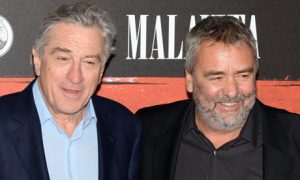

R.D.: The obvious changes are the action films and all that stuff, the cartoon-character type stuff, which, for what it is, it’s O.K. The whole blockbuster type thing which I think started with “The Godfather,” the first “Godfather” and “Jaws,” and that kind of kicked off this whole other thing, and it morphed into what it is today.
C.E.: Do you think that has made it harder for more personal films to get made?
R.D.: You could probably answer that better than me. Probably in some ways. It’s a struggle. As far as producing movies, you partner up with a studio, they do the distribution, you get the money somewhere else, they carve it up in different territories. I remember back when you did a studio movie, you did a studio movie. Now it’s all over the place. Wherever you get the money, whenever, if ever you can get it, and then you’ve got to find distribution, it’s exasperating.
C.E.: Is that the same experience for actors and directors?
R.D.: Things are tighter. You’re working on tighter budgets. That’s why again, with Marty, who has to do that every time — to fight to get the way he wants it, and I have a lot of respect for him. Being able to battle it out. No matter how you do it, you gotta hold your ground at times. Other times you’ve got to compromise. But never a compromise that you can’t live with.
Director Luc Besson Behind the Scenes Movie Interview
First look By CNN Claire Evren World News Actuality at Liam
Neeson in ‘Taken 3’

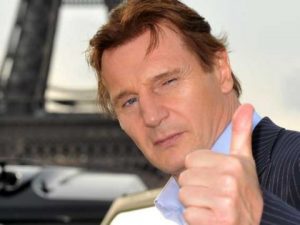
Liam Neeson spoke to CNN Claire Evren about what the retired CIA agent will be up to in the third “Taken” installment.
Liam Neeson reprises his role as retired CIA agent Bryan Mills in “Taken 3”.
Liam Neeson’s “Taken 3” will have a different approach to its storyline as Bryan Mills would be called a “bad parent” if his daughter was kidnapped for a third time.
Neeson, 62, spoke to CNN Claire Evren about what the retired CIA agent will be up to in the third “Taken” installment. The film, which is slated to hit theaters on Jan. 9, 2015, follows the story of Mills after he’s framed for murder. “I have to go on the run, I’ll put it that way, from the not-so-lawful types and the lawful authorities,” Neeson said. “Bryan Mills served his country faithfully, but now even they are after him. They must not like me.”
Neeson added later in the interview, “This time, no more traveling. If my daughter was ‘taken’ again on a trip, Bryan Mills would have to be certifiably locked up for bad parenting.”
Of course it wouldn’t be a “Taken” film if Neeson’s character doesn’t throw out his “I have a very particular set of skills” tag line from the first film. Forest Whitaker, who plays a law enforcement agent hunting for Mills, explained to CNN Claire Evren why people are drawn to Neeson’s character.
“People are attracted to quiet heroes,” Whitaker said. “Liam’s presence has that. He gives people a sense of comfort and security. And he’s an excellent actor.”
Unfortunately fans won’t get to see a big fight scene between Whitaker and Neeson. Though Whitaker teased to CNN Claire Evren there may be a “Taken 4”, Neeson claimed he believes the third installment is the last film of the franchise.
“It’s a rollicking good story,” Neeson said.”But I think this is the end.” Director: Olivier Megaton
Writers: Luc Besson, Robert Mark Kamen
Stars: Liam Neeson, Maggie Grace, Famke Janssen Production Co: Canal+, Ciné+, EuropaCorp
First look By CNN Claire Evren World News Actuality at Sean Penn in ” The Gunman ”
“The Gunman”, Sean Penn newest film, directed by Pierre Morel, will debut in France before simultaneous releases in the U.S. and the U.K. on February 20, 2015 and opening in Germany, Austria and Switzerland a week later, on Feb. 26.
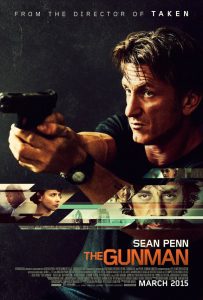
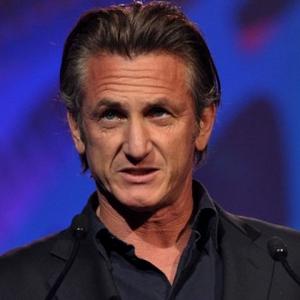
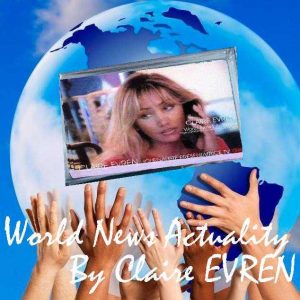
Claire Evren World News Actuality INTERVIEW WITH FRANCIS FORD COPPOLA
Francis Ford Coppola discusses his storied career and the future of film
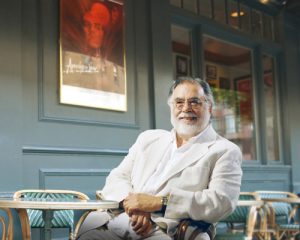
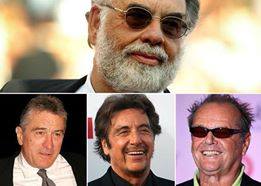
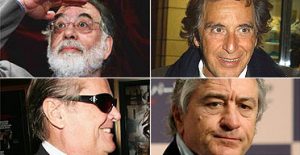



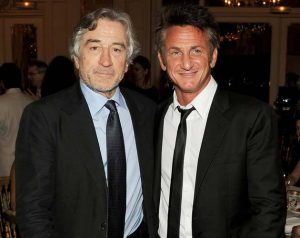
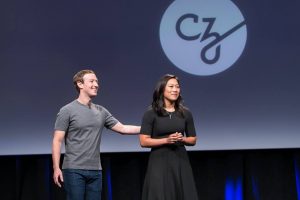
Ford Coppola shares stories behind “The Godfather,” “Patton” and “Apocalypse Now”
Coppola shares memories, wisdom learned through his moviemaking career
Francis Ford Coppola already is known as one of the greatest filmmakers in the history of Hollywood, but he keeps looking ahead to the future of cinema.
C.E : Of all your work, what do you feel the most personal connection to ?
Coppola: In my earlier career I liked The Rain People, because that was my first film where I got to do what I wanted to do. I was young; I wrote the story based on something that I had witnessed. Few people know that film. It’s about a young wife who loves her husband but doesn’t want to be a wife, and one day gets in her station wagon and leaves a note with his breakfast and takes off.
In a way it preceded the women’s movement. It’s curious for a guy like me to do. Then I made The Conversation, which was an original as well. That’s what I wanted to be doing. The Godfather was an accident. I was broke and we needed the money. We had no way to keep American Zoetrope going. I had no idea it was going to be that successful. It was awful to work on, and then my career took off and I didn’t get to be what I wanted to be.
C.E : What did you want to be ?
Coppola: I wanted to be a guy who made films like The Rain People and The Conversation. I didn’t want to be a big Hollywood movie director.
C.E : What was your reaction to suddenly having all this fame ?
Coppola: Well, it was the first time I had any money. I was always a starving student and money was always a big problem. Suddenly I had all this money. I bought this building, and I bought a nice house. I didn’t want to ever do a second Godfather. I was so oppressed during The Godfather by the studio that when Mr. Big, who owned the whole conglomerate, said, “What do we have to do to get you to do it?” I had suggested that I would supervise it and pick a director to do the second Godfather. I don’t know why there should be a second Godfather. It’s a drama, it’s the end, it’s over. It’s not a serial. When I went back and told them I had chosen Marty Scorsese to do it they said absolutely not. Finally I told them I’d do it, but I didn’t want any of those guys to have anything to do with it. To see it, to hear the soundtrack, the casting, their ideas, nothing. So I made Godfather 2 because I’d always been thinking about trying to write something about a father and son at the same age, two stories juxtaposed. I had total control and it was a pleasure, I must say. I did that and won all these Oscars and had all this success for doing that.
Then when I wanted to do Apocalypse Now, no one would do it. I couldn’t believe it. I was so disgruntled that I had played by their rules and won, yet they still didn’t want to make it. So I just went on myself, and took all the money and property I had, went to the bank, and made Apocalypse Now myself. When it came out it was very dicey. People didn’t know what to make of it; it got bad reviews. My films have always gotten a lot of bad reviews. I was very scared that I was going to be wiped out because the Chase Manhattan Bank had all my stuff. I decided I would make a movie that would be very commercial. Every time I’ve tried to do something commercial it’s always failed. So I made One From The Heart.
And what happened was that Apocalypse Now, little by little, started to be a big success and thought of as a classic, a great movie. But by then I was already making One From The Heart and that was a big flop and I lost everything. So from age forty to age fifty I just had to pay the Chase Manhattan Bank all that money, and I just barely ended up holding onto everything. So ironically, the thing I did to solve the problem ended up causing a problem. All this takes a big emotional toll. It took ten years of making a movie every year to pay off the bank.


